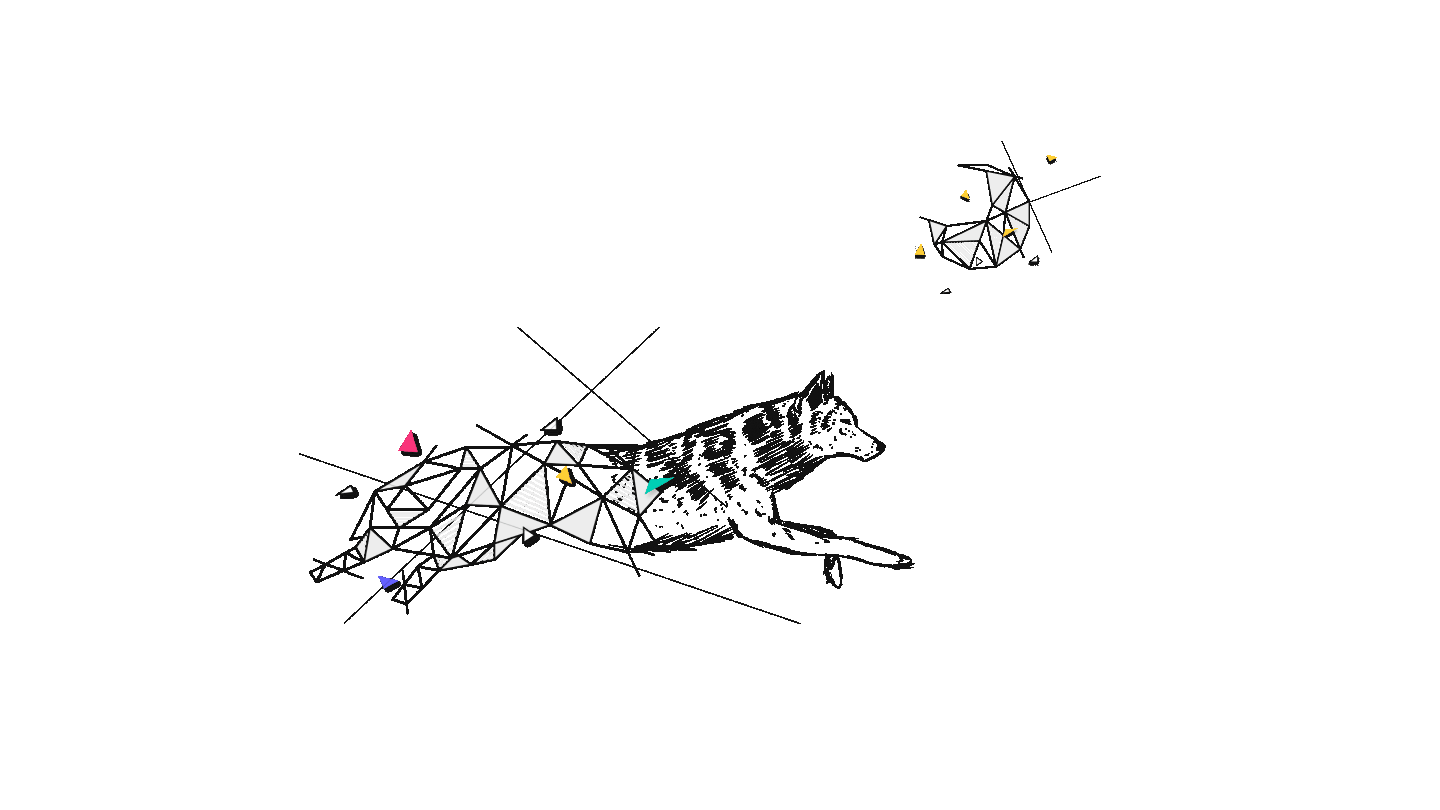
Must-have features for a food delivery app during COVID-19
Valentina
Marketing Specialist
3 min
Sep 8, 2020
The Impact of COVID-19 on the Food Industry
UberEATS app set a precedent with their meal ordering and delivery services. After all the buzz, a new era of UberEATS-like apps has begun.
Now that COVID-19 slammed the door in many industries without even knocking, the food industry had an overnight crash. The pain is real: governments had to close restaurants to stop the virus from spreading. As a consequence, many related industries like food and beverages production, farming, shipping, alcohol production (beer, wine, liquor) have been negatively impacted.
Can food delivery apps be a replacement for the dine-in services?
On-demand food delivery apps
The marketplaces that can benefit from building a food delivery app:
-
Restaurant owners who are looking to digitize their delivery process in times of COVID-19 when customers opt for deliveries rather than eating at the restaurant place.
-
International restaurant chains that can offer a smooth experience no matter the country and focus all their delivery focus management in one app.
-
Multi vendor delivery businesses like DoorDash, UberEATS, Seamless.
-
Single vendor for a market niche: sustainable food, meal subscription boxes, local products market etc.
As a food delivery startup, the main challenge is to beat the competition and find a differentiation strategy -it can be a price competition with a better audience segmentation, smaller fees, unique products or restaurants, premium services, pixel-perfect app and top-notch UX/UI design.
Core food delivery app features
The process of building a food delivery app starts with business Strategy & Product Definition, creating the UX/UI design, web and mobile development, QA and app testing, and finally the launch of the application.
Even though each product is unique, when it comes to the food delivery apps, there’s a set of core features required to cover the user's needs. Let’s take the use case of Uber Eats app and the features divided per each type of user.
End-user app:
-
Social media login;
-
Search functionality for near-by restaurants
-
Categories with different price range, cuisines, specialities, ratings.
-
Digital menu with product description and prices, real-time product availability;
-
Order checkout and delivery scheduling
-
In-app payments
-
Coupons and discounts
-
Real-time tracking order
-
Push notifications
-
Order history
-
Rating and Review restaurants and delivery person
-
Help & Support
Restaurant app:
-
Menu management - adding new meals, ingredients, photos, price, quantity.
-
Manage the restaurant/delivery schedule
-
Manage orders - accept or reject orders, processing, scheduled.
-
Manage delivery areas
-
Manage offers
-
Coupon, deals, and promo.
-
Multiple payment gateways
-
Push notifications when drivers pick up food
-
Social media integration
Delivery person app:
-
Delivery person profile
-
Availability status
-
Location tracking
-
Delivery Earnings
-
History with deliveries
Admin Panel:
-
Manage restaurant
-
Manage orders
-
Manage offers
-
Content management
-
Push notifications
A good example of how businesses adapted their product during the pandemic are the new app features that enable the food delivery to occur according to social distancing rules.
DoorDash gives their users the ability to send photos to the delivery person with the exact place where they should leave the food and other instructions.
Postmates is offering a non-contact delivery experience through its drop-off menu with three options from which the users can choose the preferred delivery type.
-
Deliver to my door;
-
Meet me outside;
-
Leave order at my door.
In 2020, the features that minimize physical contact between the customer and the delivery person has become a must, as well as the mandatory contactless payment option.
Where to start?
When building a food delivery app, the business and product strategy is the most important step, since you will define in detail how your app will differentiate from the already existent dozens of apps and the features that will add that extra value to the end user.
At Wolfpack Digital, we cover the business and product strategy in a Product Discovery Workshop with the best experts from our team. This is when you sit down with us and we brainstorm together the details of your app based on research, we put together the strategy of the product which is aligned with your business goals. The most important, your product will get its initial shape through app wireframing where the user journey will get refined.
Ready to take your idea on a long ride? Drop us a line or say ‘Hi’ in our chat and let’s build that app!
#WeByte
Illustration by Ouch.pics
pack knowledge

Developing Web MVPs with Great ROI — Recap of Our June 18 Meetup
Gina
Founder & co-CEO
3 min
Jun 23, 2025
Recap of Wolfpack Digital’s June 18 meetup on building Web MVPs with great ROI — featuring exclusive insights from serial entrepreneurs, T-shaped developers, and AI-driven coding tips, plus delicious focaccia and a vibrant networking atmosphere for passionate coders and startup enthusiasts.

The Role of Product Managers in Software Development
Adrian
Product Owner
7 min
Jun 11, 2025
How Product Managers drive collaboration, clarity, and impact across the software development lifecycle.

Q1/2025 Wrap-Up: A New Year, the Same Pack
Oana
Marketing Specialist
7 min
May 9, 2025
2025 started strong for us, with bold new projects published on our website, team celebrations, and impactful community involvement. Recognized by industry leaders and committed to building accessible, high-performing digital products, we are setting the tone for another outstanding year. Here’s to the journey ahead! 🐺✨


Brief us and let’s work together
